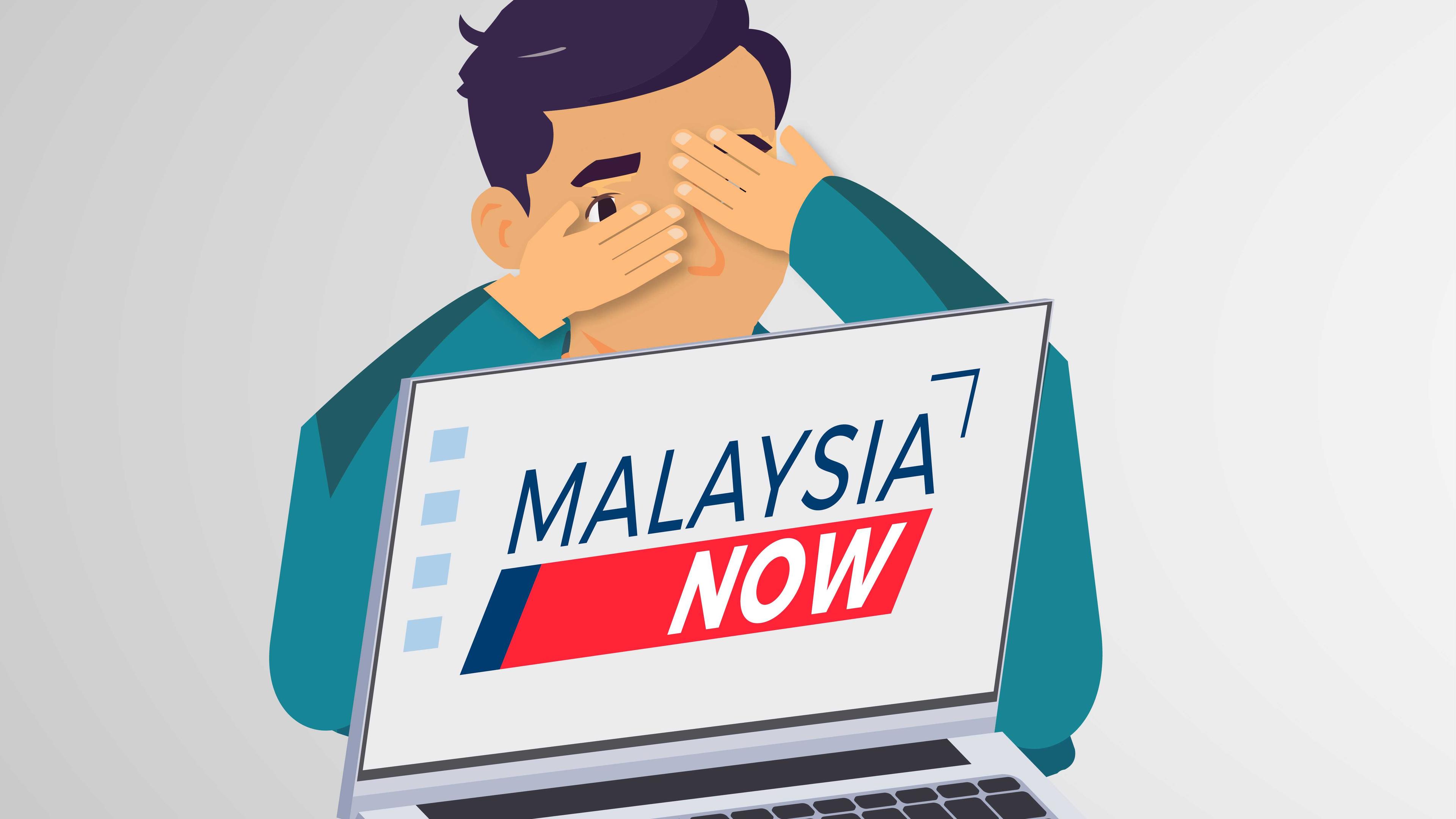The deluge of disaster politicians
It is the ordinary Malaysians who have shown that they do not need publicity in order to help those affected by the recent floods.
Just In
Politicians from both sides of the divide have come under attack for their conduct as they stop at nothing to fill their social media pages with images of them getting their feet wet while Malaysia’s divisive politics refuse to be washed away by the worst floods since the 2014 deluge.
Pictures and videos – some doctored, others cut and moulded to suit the intended message – are just some of the online material posted on social media by political cybertroopers and consumed by a public with humour, sarcasm and anger amid the disaster that has so far killed more than 30 people.
It could be a clip of the Selangor menteri besar “rescuing a baby” from the first floor of a house as a strategically placed camera records the “heroic” deed, or an image of Kuala Langat MP Xavier Jayakumar’s face tastelessly adorning boxes of donations.
It could also be Bangi MP Ong Kian Ming going around in a boat, stopping to grab his lunch while covered in mud – something one commentator described as a show of politicians’ “narcissism” in dealing with the floods.
Or it could be another MP who posed for a shot at a scenic ski resort in Iran, unaware that he was at the wrong place at the wrong time, not unlike Najib Razak’s 2014 Hawaiian golfing gaffe at the peak of the great floods that displaced 200,000 people.
The explanation of Amanah’s Hulu Langat MP Hasanuddin Yunus was not too far off from Najib’s excuse either – that of “golfing diplomacy” with Barack Obama, all for “national interest”.
If only half of the effort to promote themselves on social media was put into planning the prevention of such floods, the public would not mind even if their MPs were stuck on a street in Amsterdam trying to help single mothers make ends meet.
National interest, after all, is the same excuse Najib gave during his corruption trial, an argument that the appeals court judges took and threw back at him as a “national embarrassment”.
In Hasanuddin’s case, he claimed he was away on a mission which took him on a three-nation trip to Turkey, Pakistan and Iran, meeting people in high places to discuss charity and housing projects for refugees.
But he has shown that he is not only a humanitarian on a mission to save the world. A few days later, his trip was also for “national interest” – the promotion of Malaysian palm oil to Iranian leaders!
While all this was going on, the top leaders and chiefs of parties were busy playing the blame game. Whether they ruled Selangor or Putrajaya, their public spats and arguments only showed them as clueless about their roles and responsibilities as the ordinary Malaysian.
Yet as clueless as ordinary Malaysians are about the obscene bureaucracy that is the hallmark of any government, they have shown that in times of desperation, they do not need the presence of party workers clicking away with their cameras.
From the villages of Hulu Langat to the working class areas of Klang and the condominiums of Shah Alam, people have shown that it is basic humanity that will save the day, not online mercenaries or blind followers emotionally involved in the made-for-media quarrels between politicians.
Some two decades ago, when the tsunami struck areas such as Aceh and Sri Lanka, there was a scourge called disaster tourists, many masquerading as charity workers, who descended to experience the devastation they had hitherto seen only in Hollywood movies.
Today, we see disaster politicians at both the state and federal levels who try to make up for their failure to manage the crisis by wading through the mud in shiny yellow boots.
The floods are an annual affair, and the people in Shah Alam, especially in Taman Sri Muda and Batu Tiga, have seen no serious effort at addressing the problem.
If only half of the effort to promote themselves on social media was put into planning the prevention of such floods, the public would not mind even if their MPs were stuck on a street in Amsterdam trying to help single mothers make ends meet.
The truth is, generations of people especially in the poorer areas of Selangor, whether in Taman Sri Muda in Shah Alam or Taman Dato Harun in Petaling Jaya, have not really tasted what it means to be living in the country’s “richest state”.
There are places in Kuala Lumpur, Petaling Jaya, and Shah Alam which look abandoned, almost like a war zone. Unsightly plants, overgrown weeds, blocked drains, construction debris from long-completed roadworks, and uncollected rubbish are problems with simple solutions, if only there is the will and a sense of pride by the elected representatives. But too many of them are more interested in smiling for festive season banners that will remain up long after the celebrations are over.
Our politicians take great pains to show that they care for the people by wading into the mud in full view of the camera.
They bask in the glory of their social media posts and the praise by their own paid cybertroopers.
Little do they know that they only have mud on their face.
Abdar Rahman Koya is CEO & editor of MalaysiaNow.
Subscribe to our newsletter
To be updated with all the latest news and analyses daily.

